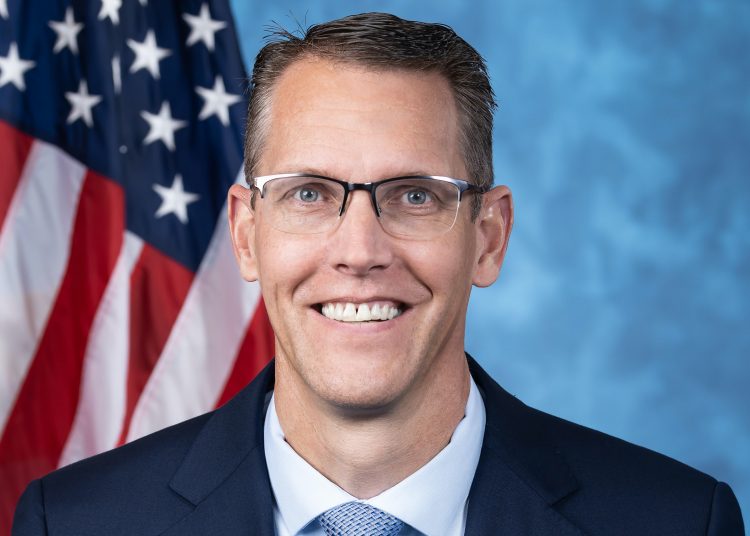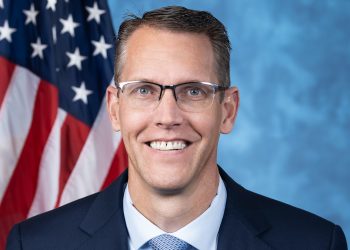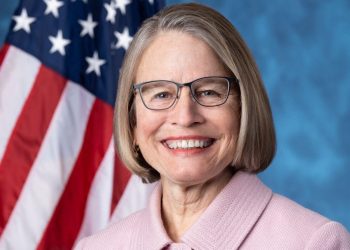WASHINGTON – The U.S. House of Representatives voted 216 to 208 to pass H.R. 51, the Washington D.C. Admission Act, which would make Washington, D.C. the 51st state giving the residents in the nation’s capital voting representation in Congress.
The U.S. Constitution gave Congress authority over a federal district where the nation’s seat of government would be located. In 1790, Virginia and Maryland ceded land to the federal government to create the District of Columbia which would be the home of the city of Washington but also included the cities of Georgetown and Alexandria.
In 1847, the land Virginia ceded to the federal government, including Alexandria, was returned to the Commonwealth while the land formerly belonging to Maryland is what remains of the District of Columbia today.
Residents of the District continued to vote for members of Congress in Virginia and Maryland elections until the passage of the Organic Act in 1801 that formally placed the District under the authority of Congress.
Since 1801, residents of the District have not had elected representation in Congress. The residents of the District of Columbia, like other territories, elect a non-voting delegate to represent the concerns of residents in the U.S. House of Representatives.
In 1961, the 23rd Amendment was ratified, granting the District of Columbia the ability to send electors to vote for president in the Electoral College.
Those advocating for statehood argue that the District has more population than the states of Vermont and Wyoming. Arguments against D.C. statehood range from its constitutionality, placing the federal government’s seat in one state, and giving what is essentially just a large city, only the 24th largest in the country, the same representation as states in the U.S. Senate.
Suggested alternatives to D.C. statehood range from retrocession – returning land ceded from Maryland back to the state while leaving primary federal buildings in a federal capitol zone – or Congress passing a bill to allow District residents to vote for Maryland congressional representation.
The U.S. House of Representatives passed H.R. 51 in 2020, by a 232 to 180 party-line vote, and Thursday’s vote was also along party lines, with Democrats holding a slim majority. In 2020, Iowa’s House delegation voted three to one in favor of the bill since Democrats made up the majority of the delegation, which flipped in 2021 since Republicans hold three of Iowa’s four congressional seats. Iowa’s lone Democrat congresswoman, Cindy Axne, voted in favor of the bill, and Iowa’s Republican members of the House, Ashley Hinson, Mariannette Miller-Meeks, and Randy Feenstra, voted against it.
It’s unlikely to pass in the U.S. Senate.
Feenstra released a statement accusing Democrats of attempting to consolidate their power.
“Last week, Democrats were talking about expanding the number of justices on the Supreme Court so they could pack it with liberal justices who would legislate from the bench. Now, they have voted to make D.C. a state so they can expand the number of Democrats in the Senate. It seems all they care about is consolidating power to make it easier for them to pass a far-left agenda that would be harmful to farms and main street businesses — whether it’s the Green New Deal disguised as ‘infrastructure,’ government-run health care, or multi-trillion tax-and-spend proposals that will send our country into a never-ending debt spiral,” he said.
“I am a cosponsor of a commonsense solution — H.R. 472, the Columbia-Maryland Reunion Act — which would return residential land to Maryland so current Washington, D.C. residents can take part in the political process. Our Founding Fathers did not intend for D.C. to serve as a place of residence, but rather as a place of political work. Under this proposal, all federal property would still be considered the District of Columbia,” Feenstra added. “I will continue standing up against Democrats’ attempted power grabs to ensure 4th District Iowans have a voice in Washington.”
Should H.R. 472 pass, Maryland’s legislature would then have to vote to accept the land back.














